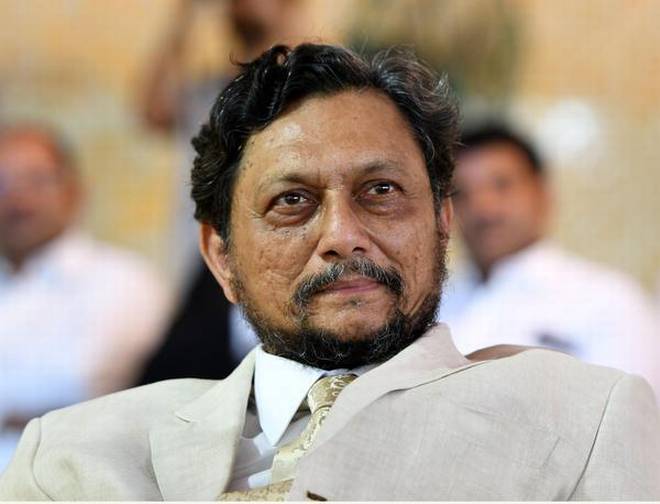A few months ago, a Supreme Court bench comprising the then Chief Justice Gogoi and Justice SA Bobde ruled against the institution of Chief Justice of India and declared that the apex court and CJI are under the ambit of Right to Information (RTI) act. But now, the current CJI Bobde, who was part of the bench which ruled against the institution itself, has come down heavily on the RTI activists.
CJI Bobde observed that there has been a trend among the people to declare themselves as RTI activists. “Is RTI filing a profession?” asked Bobde.
RTI, a law which empowers every citizen of the country to seek information about public offices, has received many funny cases in the last few years. In Gujarat, a man demanded the list of all eligible female employees in the government departments, as he was looking for perfect match for himself.
In September 2012, a man filed an RTI application to know what kind of undergarments one can wear in front of Prime Minister, because he had been arrested by the law enforcement officials for stripping down to his briefs.
In 2008, A girl from UP filed an RTI application with National Human Rights Commission, seeking answer about why laddoos sent by her to the then US President George W. Bush on Rakshabandhan never reached him.
A few years ago, a 9 year old boy filed an RTI application to ensure that the police officials lodge an FIR for his lost bicycle.
Another funny case regarding RTI came when an RTI was filed to know what a certain RTI activist had asked in a particular RTI application. It was a case of RTI vs RTI, to which the government officials were forced to respond.
The Bench headed by CJI SA Bobde and comprising Justices BR Gavai and Surya Kant, in a case seeking the implementation of the apex court’s previous order directing appointment of Information Commissioners in states, observed that there is feeling of fear and paralysis due to RTI, as the bureaucrats are not taking decisions out of fear.
“Why every member should get information, for example, if someone needs an axe to grind against an officer …. We are asking methods to stop abuse of RTI, why do you think it happens?” ruled the apex court.
The apex court said that it is not opposed to RTI but, some guidelines and regulation are needed in the flow of information. “We are not against the right to information. But there is need for guidelines. It cannot be an unbridled right,” argued CJI.
Lawyer activist Prashant Bhushan, who was representing RTI activist Anjali Bhardwaj in the matter of appointment of Information Commissioners, argued that non-corrupt officials do not have to fear anything.
People like Prashant Bhushan, the members of so called civil society, pressurize the government and government officials through RTI applications. Many RTI activists were found to be blackmailing the government officials through the answers of the RTI, and therefore, for many miscreants, RTI litigation became a full time job, which earned them bread and butter without any hard work.
There are many legitimate reason to have an RTI like law, as it makes the government transparent and accountable, but it also leads to decision paralysis among the government officials, and slows down the decision making process. The government officials fear the charges of corruption and blackmail by RTI officials.
Therefore, as argued by the Supreme Court of India, some reasonable restrictions are necessary for controlled flow of information through RTI, and to stop its misuse by the members of the ‘civil society’.
